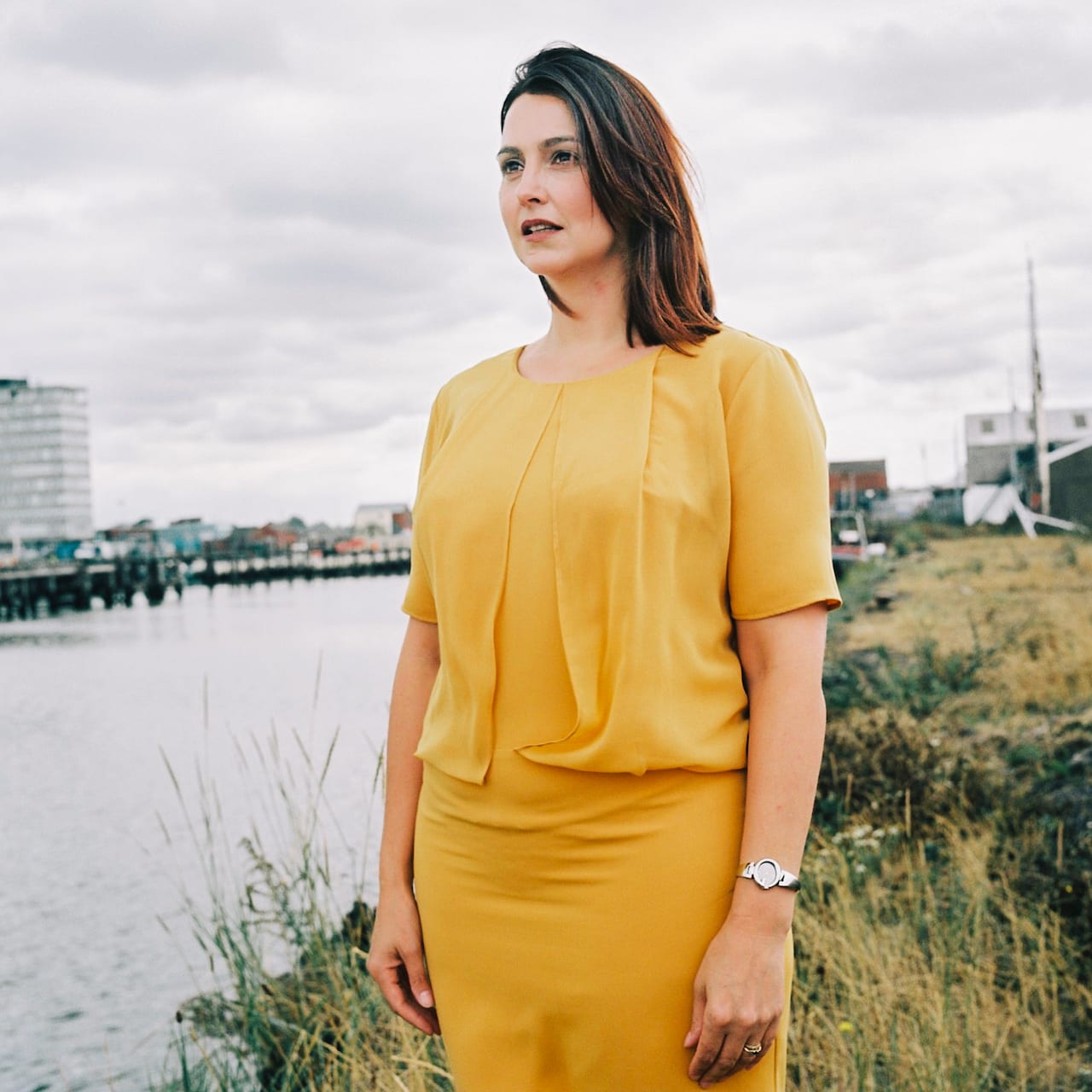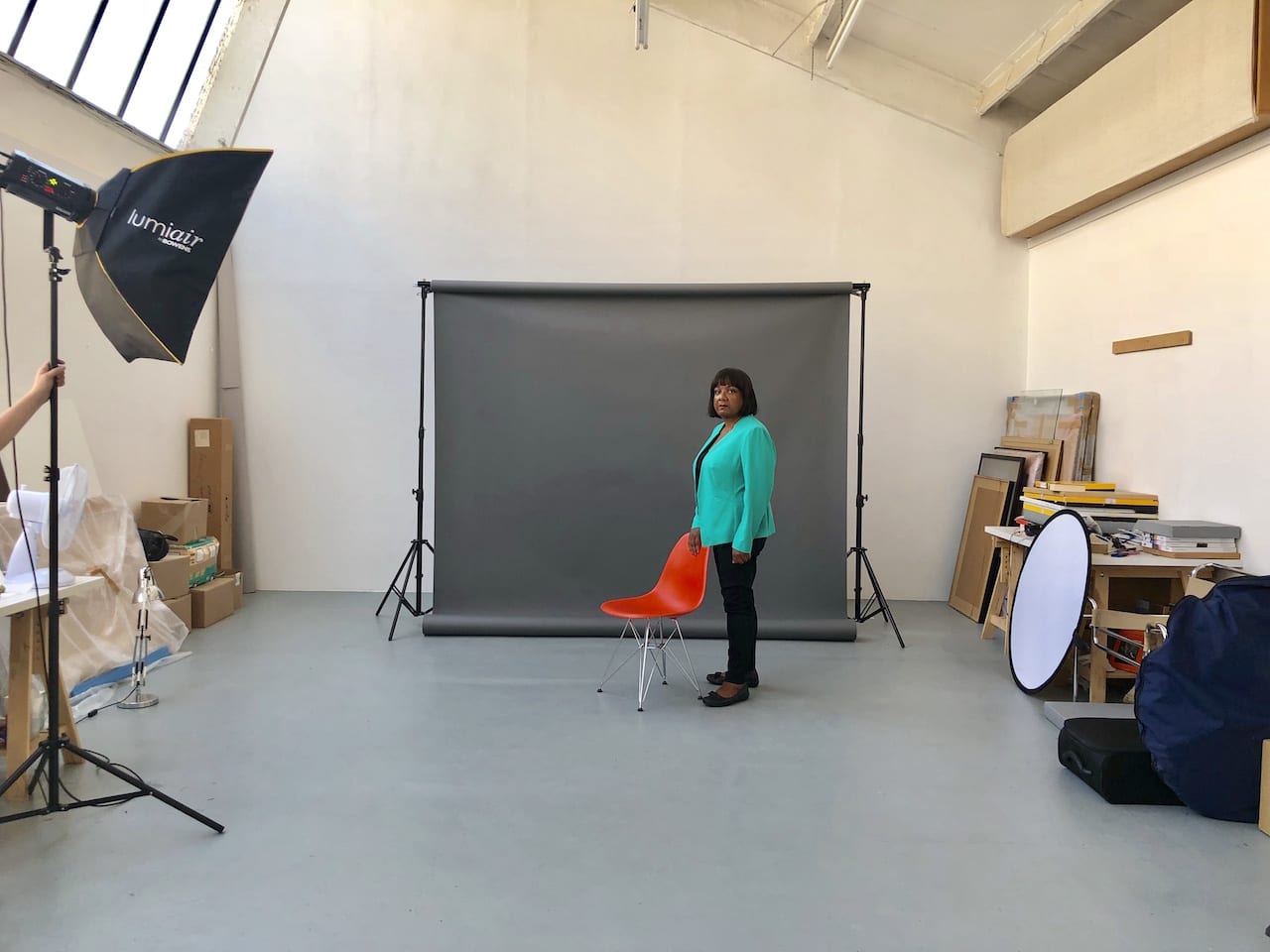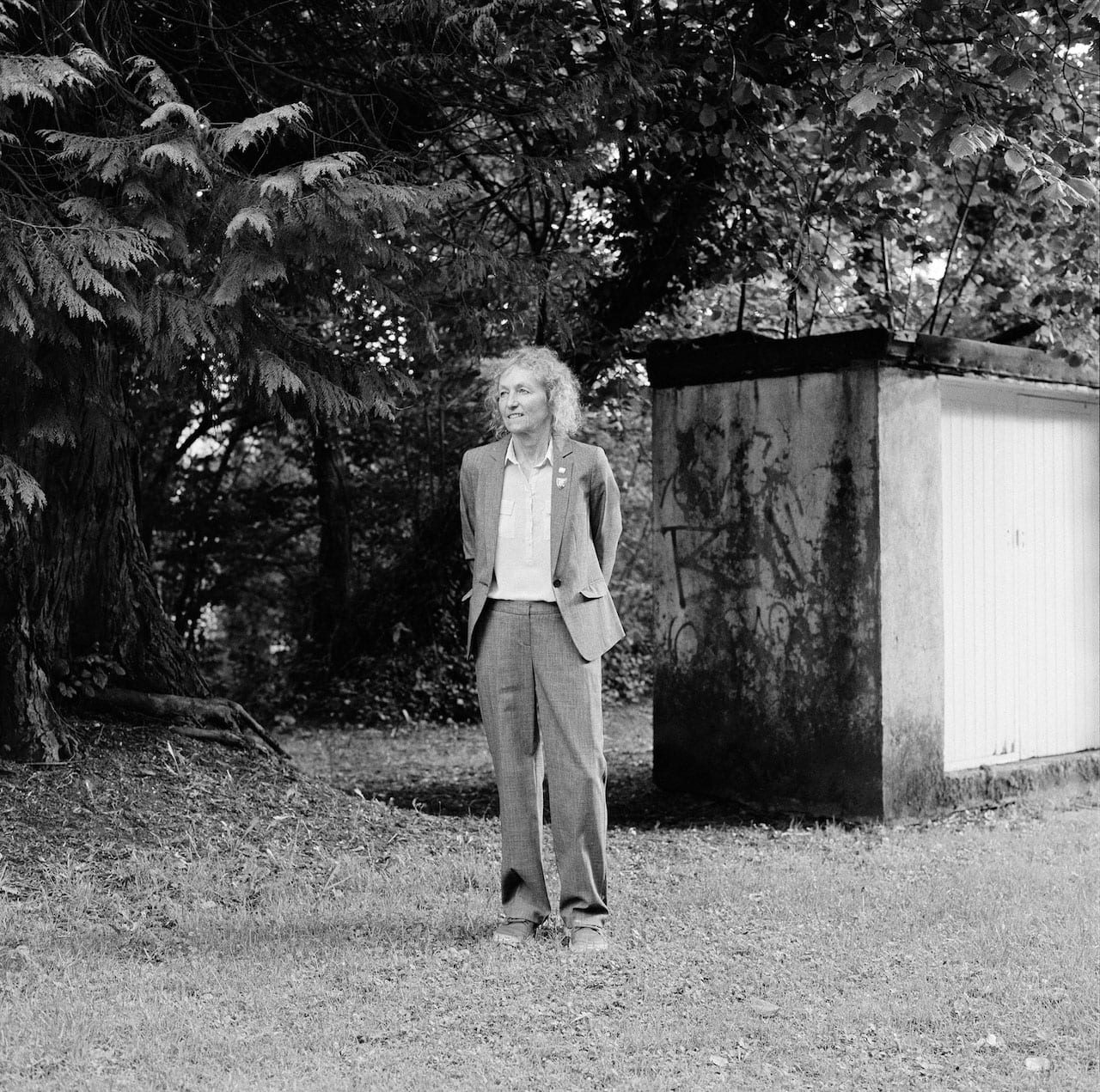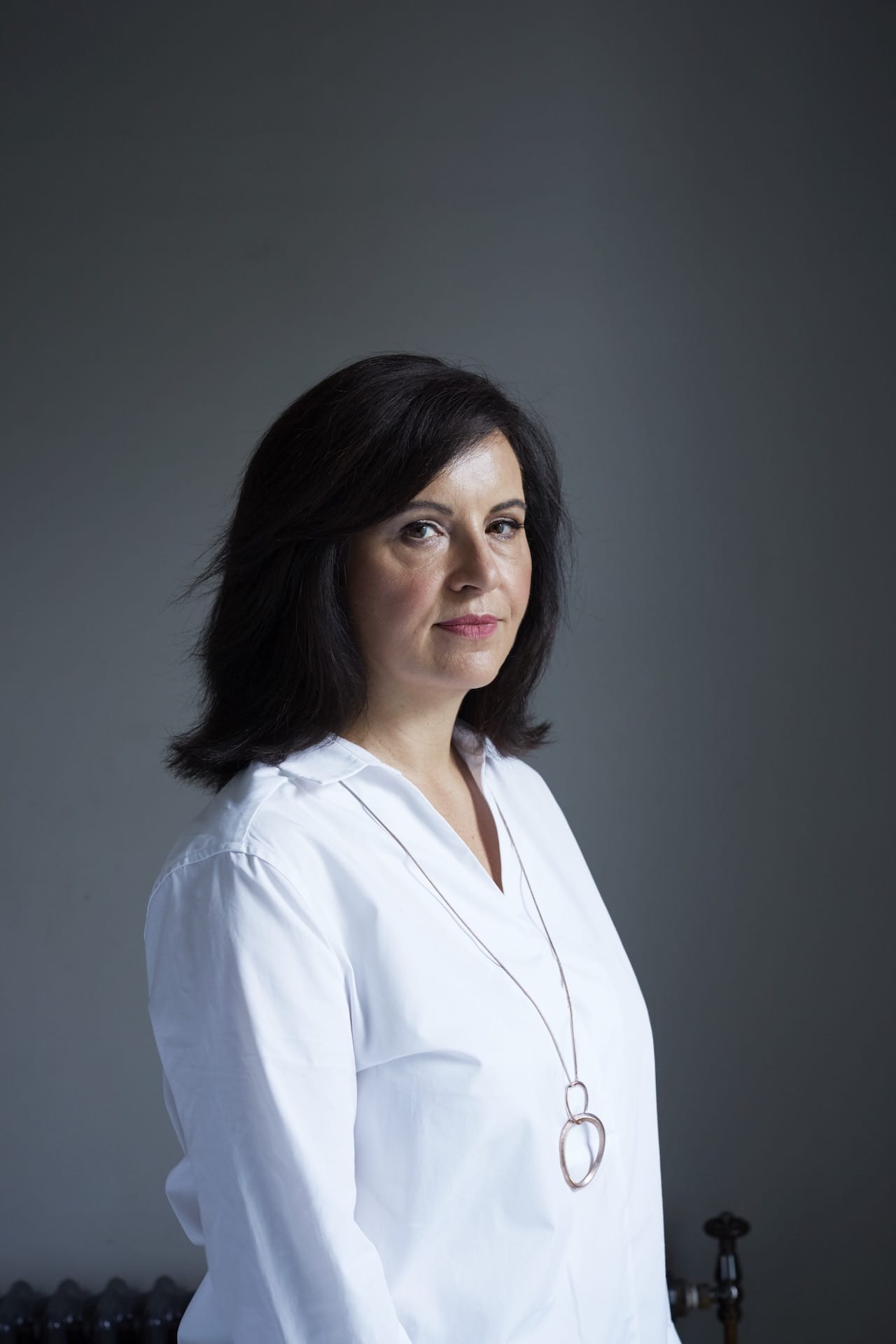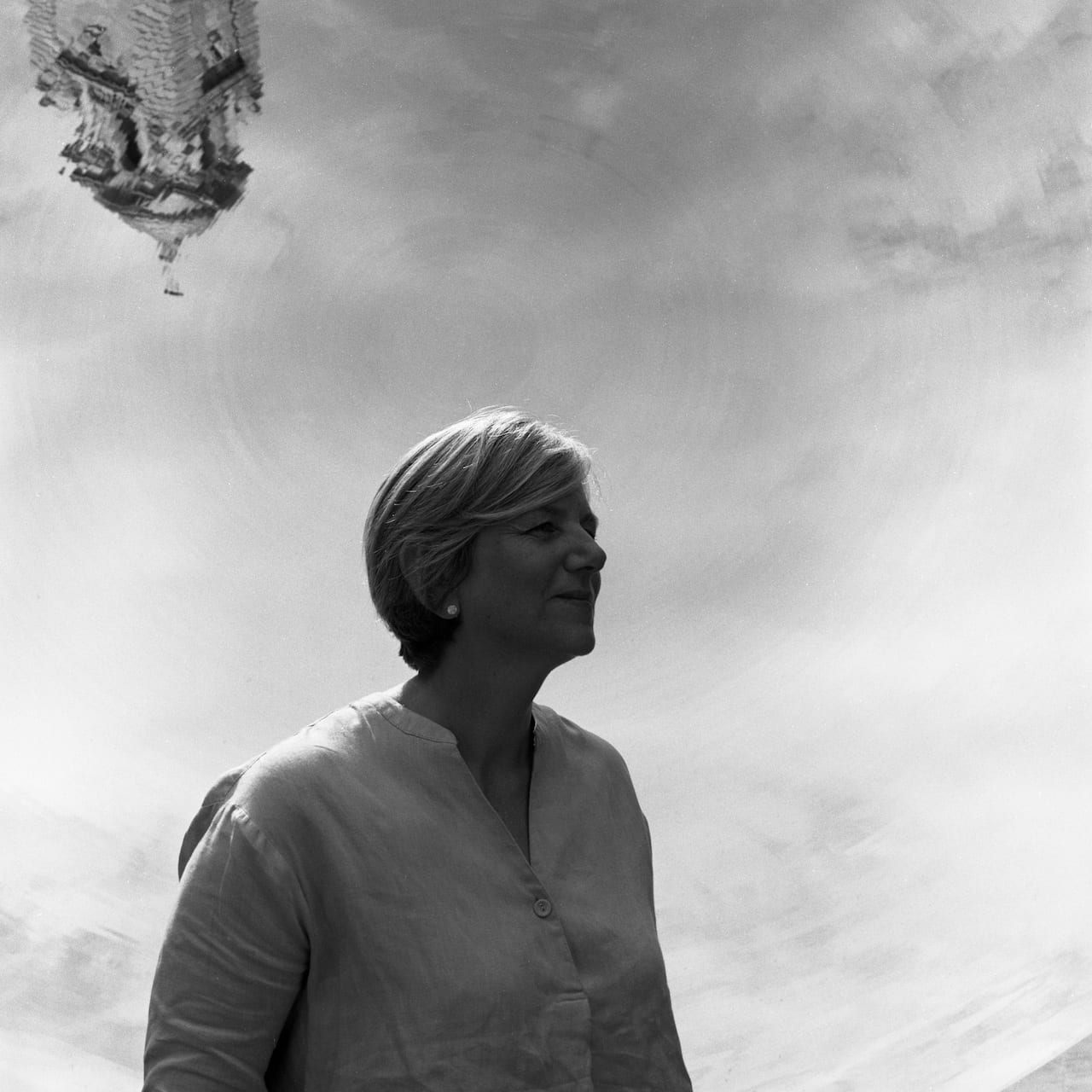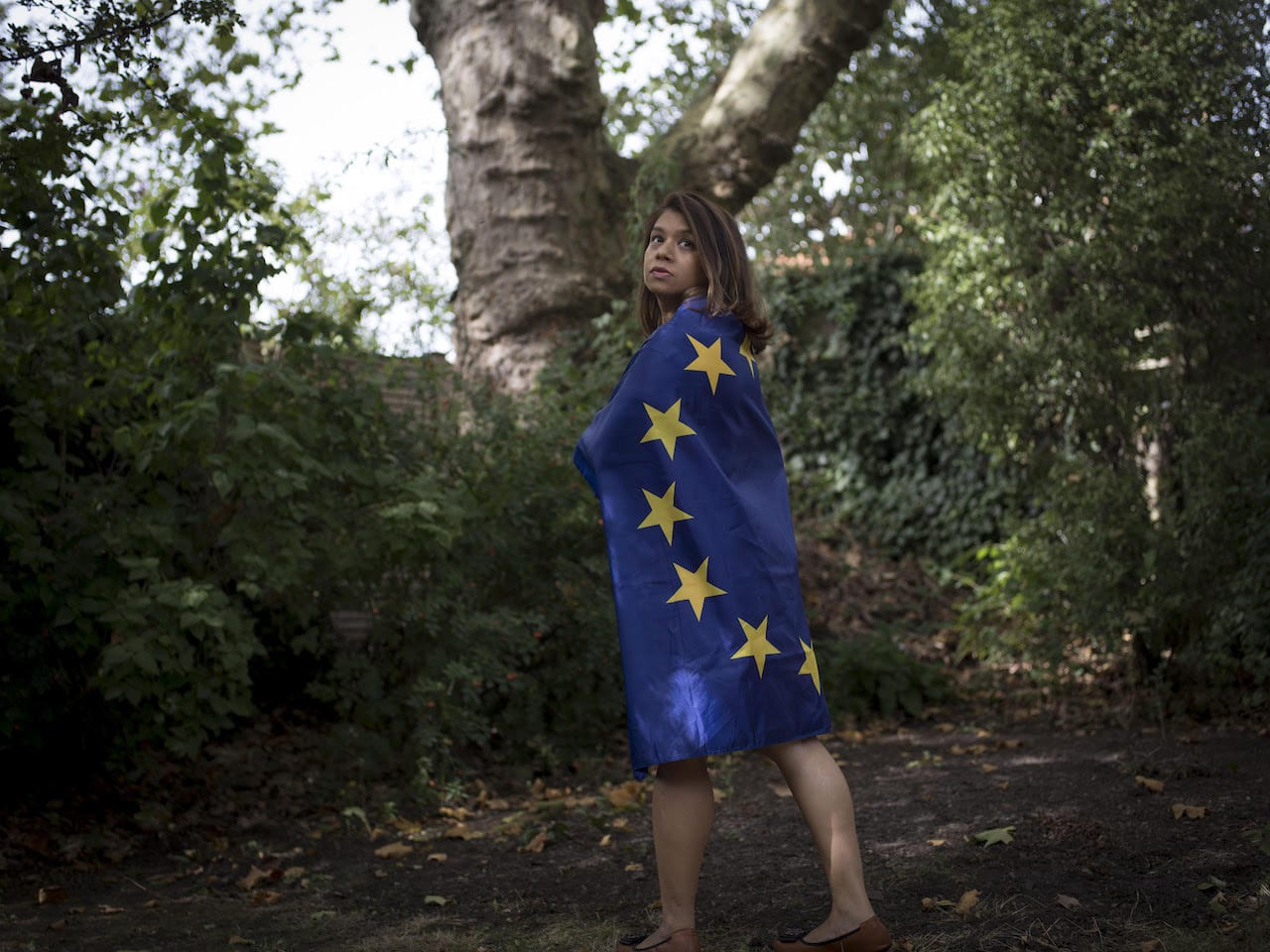“A lot of people have thought of marking the centenary,” says Tracy Marshall, director of development and partnerships at Open Eye Gallery. “But they just haven’t managed to do it.”
We’re talking about the 209 Women initiative, in which 209 photographers are taking portraits of the 209 women MPs in the UK parliament. It does seem like a project that was asking to happen, with 2018 marking both 100 years since (some) women got the vote here, and also the year that the first female MP was elected in this country. But, with 418 photographers and politicians to co-ordinate plus many, many other stakeholders and committees, actually achieving it has been quite a feat. What’s seen it through has been teamwork, with the photographer and academic Hilary Wood, who came up with the idea, getting together with hundreds of other women – and men – to make it happen.
“It’s been a huge collaborative effort,” she says. “We had to take it to the Speaker’s Advisory Committee on Works of Art to get it approved, and we then had to ask each MP individually if they wanted to get involved. The fact that they overwhelmingly gave their support shows how relevant this project is. And what I was really pleased about was that we got cross-party support – every single party is involved.”
Wood got the idea just a few months ago when she photographed Alison McGovern, MP for Wirral South and also chair of the Speaker’s Advisory Committee on Works of Art. Wood had been thinking about portraiture and representation and, talking with McGovern about her ideas, found the MP was fascinated by the concept of power and portraiture – the way that a portrait can be used to empower its subject, or to make him or her look more submissive. McGovern loved the idea of creating a series of empowering portraits of female MPs and helped get the Speaker’s Advisory Committee on Works of Art on board; getting the green light to approach the MPs, Wood decided the project should go large.
“It had to be much bigger than just me taking a few pictures,” she says. “It had to show the range of people, but also of photographers and styles – fine art, social documentary, fashion, and so on. Politics and photography are both male-dominated, so we wanted to show not just the women who have become MPs, but also the female photographers. Then it just went from there.”
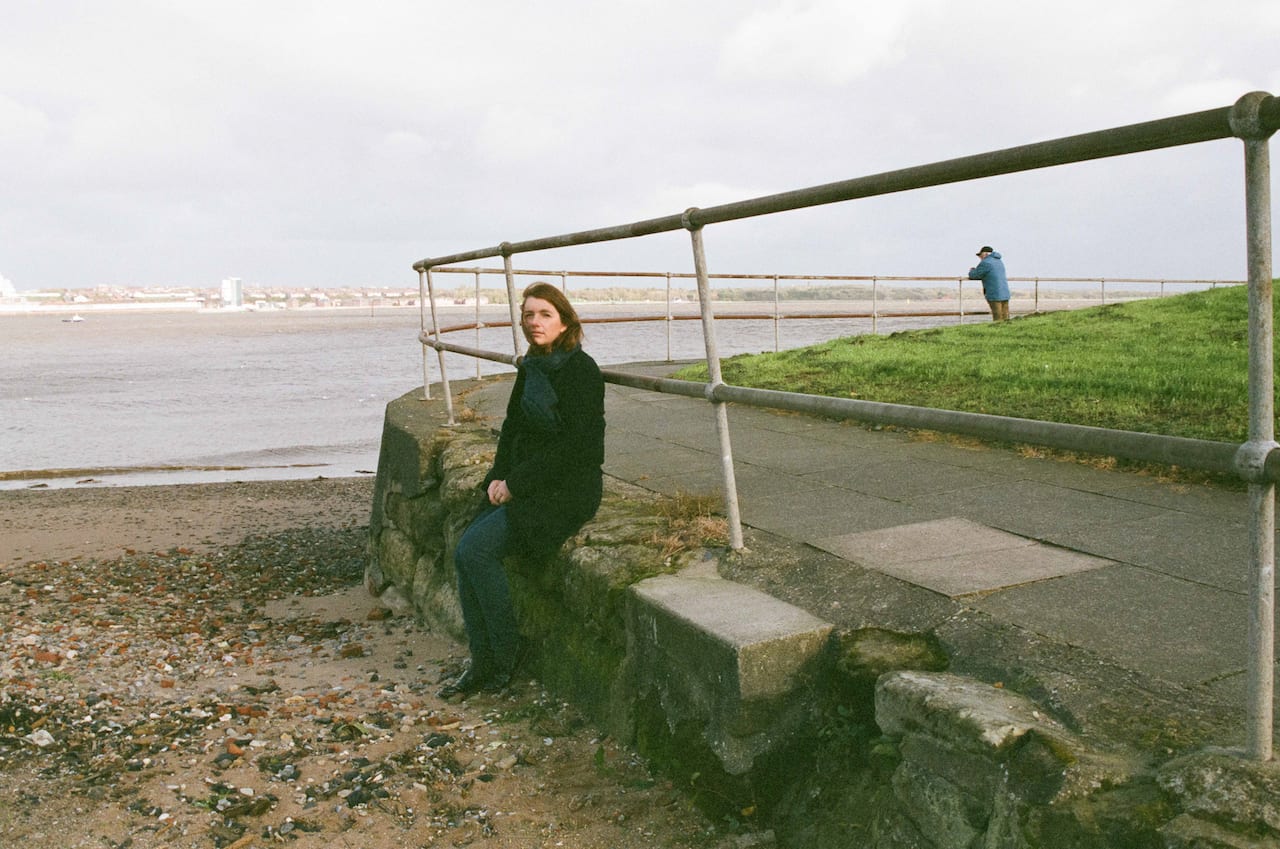
“The women’s movement has never been about one person’’s achievement: it is about all of us,” adds McGovern. “This project carries out that vision, including all kinds of women from all kinds of backgrounds. It is a subtle but very true statement of equality.
“The focus in politics has rightly been on getting a critical mass of women involved. But it is the same issue in many sectors, including art itself. The works will show that women can and ought to be portrayed in all their diversity. There is no one way to be a woman artist, to be a woman politician, to be a woman.”
Wood approached various photographers asking if they could get involved, and at that stage, with little money to offer them. She also put out an open call for participants and, bringing Open Eye’s Tracy Marshall, and independent curator and former Telegraph Magazine director of photography Cheryl Newman on board, tapped into their connections. “We’ve reached out to people, some of the photographers have well-established profiles and they’ve been invited by me and Tracy and Cheryl,” she says.
Wood was keen for photographers to choose which MPs they shot, intent on making the project a collaborative effort, and believing that having a personal investment would help the photographers make more personal connections with their subjects. Many chose to photograph their local MPs, others were connected on the issues they support – the photographer Harriet Logan, for example, who is committed to women’s issues and the campaign against domestic abuse, was partnered with Harriet Harman, MP for Camberwell and Peckham and long active in the same field.
“Another photographer had left school at 16; we paired her up with an MP who had done the same,” says Wood. “She said it was really empowering to meet someone from a similar background who had gone on to become an MP, and that was great to hear.”
Wood was also eager to allow the photographers and MPs to decide on the style of the portraits, leaving them free to create the images they wanted without direction from above. “We wanted to give the MPs the opportunity to present themselves in different ways,” she explains. “Some want to steer away from the personal; others are keen to show that they’re not just MPs, they’re also mothers, or wives, or have outside interests – that they’re the same as any other woman working hard in a male-dominated environment.”
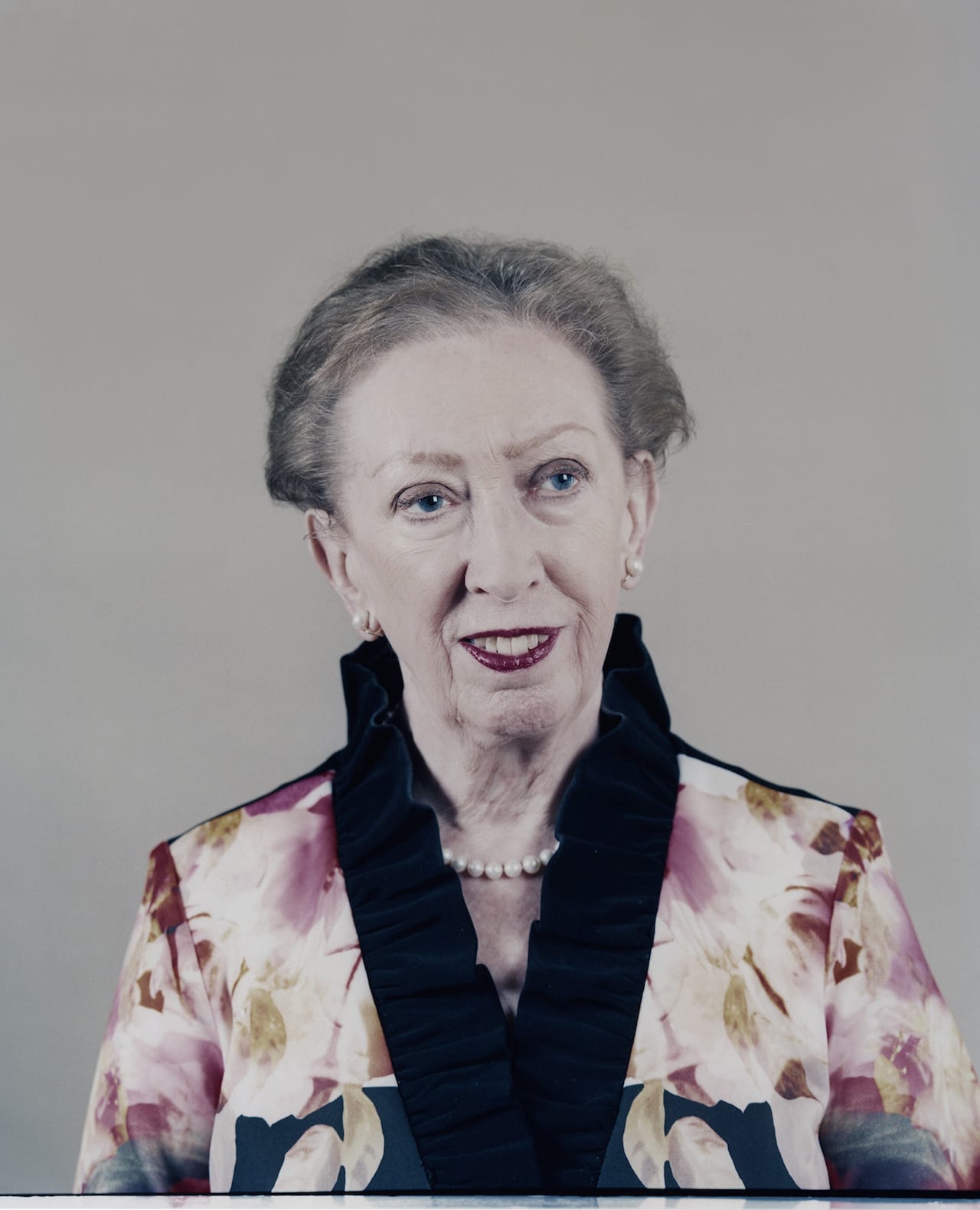
The images will go on show in a free public exhibition in the Houses of Parliament from December-February 2019, with the images in many cases replacing existing portraits of MPs – which, despite having been made throughout Westminster’s long history, are predominantly of men and by men. There are now more women MPs in the House of Commons than ever before, including a female prime minister, but at 209 out of 650 seats, that’s still only 32 per cent of Parliament.
In total, since 1918, there have been 491 women MPs compared to 4503 men in the same time frame – and they have often faced a hostile reaction. “The levels of misogynistic abuse these MPs receive is awful,” says Wood. “It is not comparable to what the men suffer.”
“The portraits we are shooting are going in place of what are currently mostly portraits of men, made over many years so in a very diverse range of styles,” she adds. “Our exhibition is our reply to this – but very different as they’re all of women and by women.”
It’s a big deal but there’s also an important second phase, which will see the exhibition move on to Liverpool’s Open Eye Gallery next year. It will be a central component in a year of events for and about women in Liverpool in 2019, which include hosting the Netball World Cup.
“It think it’s really good the exhibition is coming here – it makes the project even stronger because it’s covering more of the country, not just staying London-centric,” says Marshall. “With initiatives such as #MeToo in the US and groups such as Women in Photography becoming more prominent in the UK, the time is now to make this statement.”
209 Women is currently crowdfunding, with donations starting at £10 www.crowdfunder.co.uk/209-women
